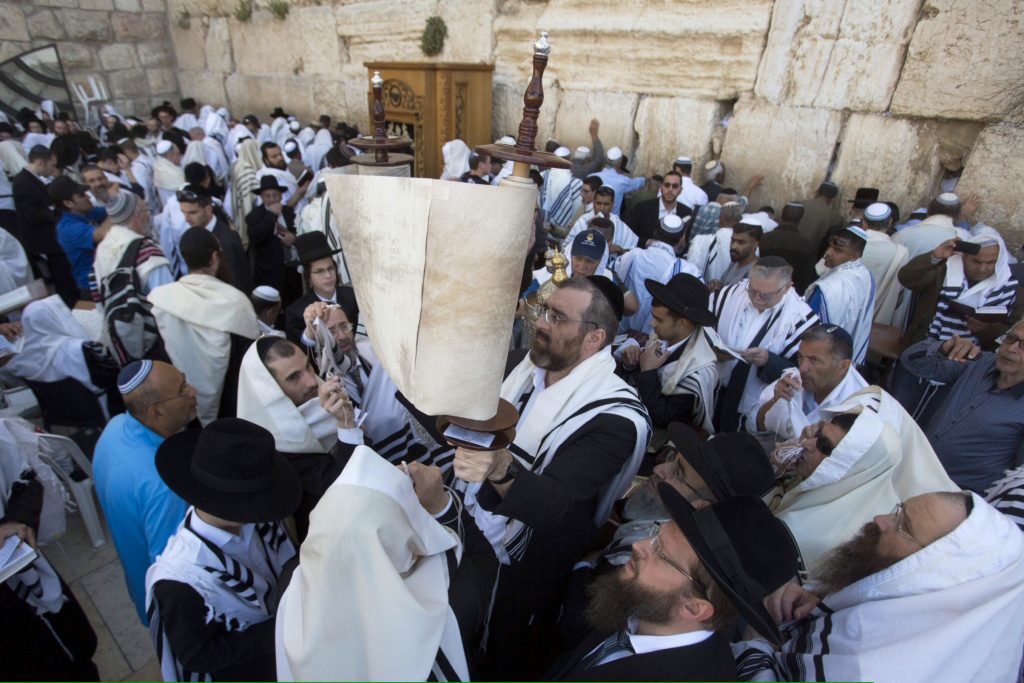Australia/Israel Review
Biblio File: Half a City
Aug 7, 2023 | Dvir Dimant

 Nine Quarters of Jerusalem: A New Biography of the Old City
Nine Quarters of Jerusalem: A New Biography of the Old City
by Matthew Teller
London: Profile Books, 2022. 390 pp., A$27.99
Cities have various aspects to their character: history, culture, traditions, style, and personality. This is all the more so in the case of Jerusalem, which is rich in historical influences, religious beliefs, and personal aspirations. It is soaked in a variety of smells, tastes, and sights.
In Nine Quarters, journalist Matthew Teller presents all these, but through a unique perspective: the people of Jerusalem. The author displays an impressive ability to see, hear, and feel them, and he uses them to illustrate the city’s essential history, politics, and spirituality. This creates a book about history, but one that is unusual in humanising its subject and describing its heroes, the local Jerusalemites. Nine Quarters provides a multi-sensory experience of meeting Jerusalem, even if one has never visited it: the personal stories, the smells of the marketplace, the people’s stares.
Unfortunately, this colourful, deep, and sensitive experience is reserved only for some of the people of Jerusalem: The Palestinian Arabs, with their own identity and their specific narrative. Here and there, the full, humanising description of them is enriched by addition of the many tourists who visit the city.
Sadly, the Jewish narrative is presented as invasive, destructive, and foreign. Indeed, the personal and cultural perspective of Jerusalem’s Jews has almost no representation. When it does appear, it is presented at best in a laconic and superficial manner or, at worst, in a negative one.
Two thousand years of Jewish yearning for Jerusalem hardly merits mention. Jewish festivals, crowds gathered for holiday prayers, prayers for forgiveness in Elul, tears shed at the Western Wall – they do not even have the right to exist.
The mysterious and magical world of the Old Yishuv, the great personalities who once roamed the streets of the Jewish Quarter, and still do, do not receive the same attentive and tender approach. The Temple Mount activists, who wish to say a prayer, even a silent one, at their holiest site, at the closest possible spot to where their Holy Temple once stood, are condemned as radical provocateurs, with no attempt to present the complexity of the issue or the many facets and mutual sensitivities present at the world’s holiest site.
In this way, Teller made two mistakes. First, he produced a one-sided analysis of a multi-faceted topic, thus presenting the reader with a partial picture and experience. But more than that, he, of all people, who claims to be telling the tale of the people of Jerusalem beyond the history, the politics, and all the other major issues, should be expected to know how to be sensitive and attentive to people rather than to his own personal preferences.
Nine Quarters is about the people of Jerusalem, but only half of them.
Dvir Dimant is a Ph.D. student at Bar Ilan University, and a researcher and lecturer on the Middle East, Islam, and Judaism. He is co-author, with Yitzhak Reiter, of Islam, Jews and the Temple Mount: The Rock of Our/Their Existence (London: Routledge, 2020). © Middle East Quarterly (www.meforum.com/MEQ), reprinted by permission, all rights reserved.
Tags: Israel, Jerusalem, Palestinians






